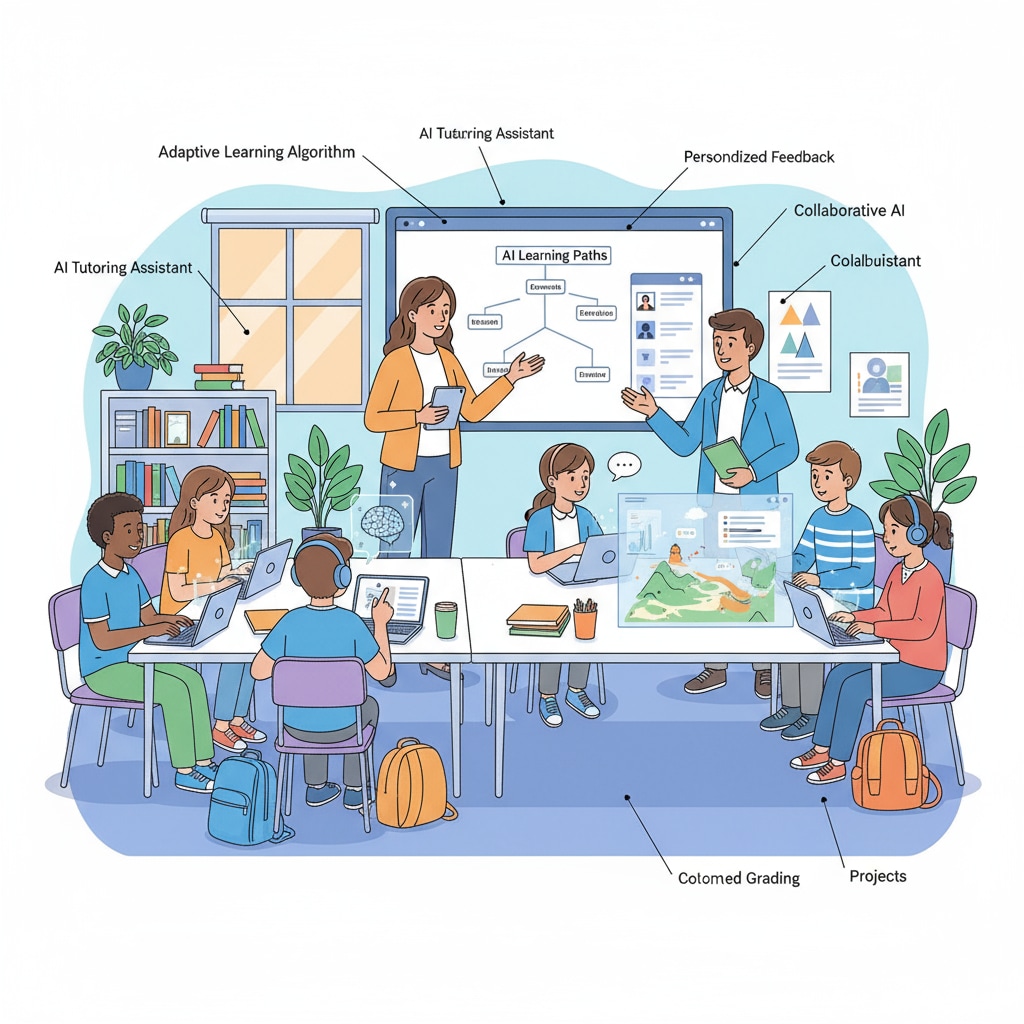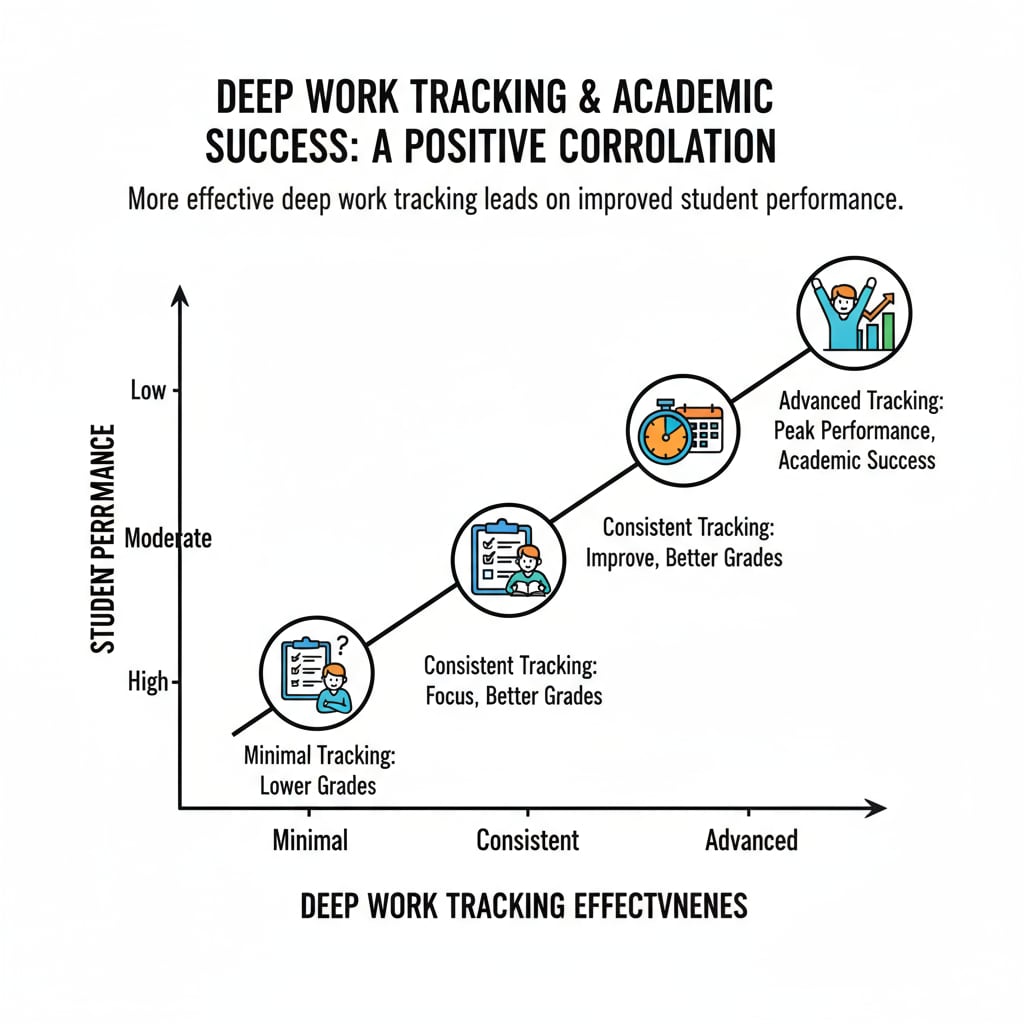Productivity applications, AI feedback, and deep work tracking are making significant inroads in the realm of K12 education. In today’s digital age, the integration of artificial intelligence (AI) into the educational landscape is revolutionizing how students learn and teachers instruct. This article delves into how AI feedback systems are transforming learning tracking and assessment in K12 education, fostering deep learning among students while boosting teacher productivity.

The Rise of AI in K12 Education
AI has emerged as a powerful force in K12 education, offering innovative solutions to age-old challenges. For example, AI feedback can provide real-time insights into students’ learning progress. By analyzing students’ responses to various tasks, AI systems can identify areas of strength and weakness. This helps students focus on areas that need improvement, promoting deep learning. According to Wikipedia’s entry on Artificial Intelligence in Education, AI is increasingly being used to personalize the learning experience.
Enhancing Student Deep Learning
Deep work tracking is a crucial aspect of promoting deep learning among students. AI-powered tools can monitor students’ engagement levels during study sessions. They can track how long students focus on a task, the number of breaks taken, and the overall efficiency of their study time. As a result, students can gain a better understanding of their study habits and make adjustments accordingly.

For instance, if a student is frequently distracted during a study session, the AI tool can provide suggestions on how to improve concentration.
Moreover, AI feedback can guide students in their learning journey. When students submit assignments, AI systems can provide detailed feedback on grammar, content, and structure. This immediate feedback helps students learn from their mistakes and refine their skills. It also encourages them to take ownership of their learning process.
Boosting Teacher Productivity
In addition to benefiting students, AI also plays a significant role in enhancing teacher productivity. Teachers often spend a substantial amount of time grading assignments and providing feedback. AI feedback systems can automate this process to a large extent. They can quickly grade multiple-choice and short-answer questions, freeing up teachers’ time to focus on more complex tasks such as providing in-depth feedback on essays and projects.
Furthermore, AI can assist teachers in lesson planning. By analyzing data on students’ learning progress and performance, AI tools can suggest appropriate teaching materials and strategies. This helps teachers create more targeted and effective lesson plans. According to Britannica’s article on Educational Technology, the use of AI in teaching is streamlining many administrative and instructional tasks.
To conclude, productivity applications, AI feedback, and deep work tracking are creating a win-win situation in K12 education. They are empowering students to become deeper learners and enabling teachers to be more productive. As technology continues to evolve, we can expect even more innovative applications in the educational field, further enhancing the quality of education.
Readability guidance: This article uses short paragraphs and lists to summarize key points. Each H2 section provides a clear focus. The proportion of passive voice and long sentences is controlled, and transition words are used throughout to ensure a smooth flow of ideas.


